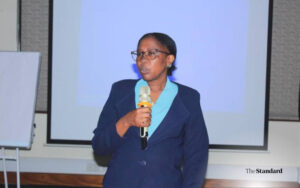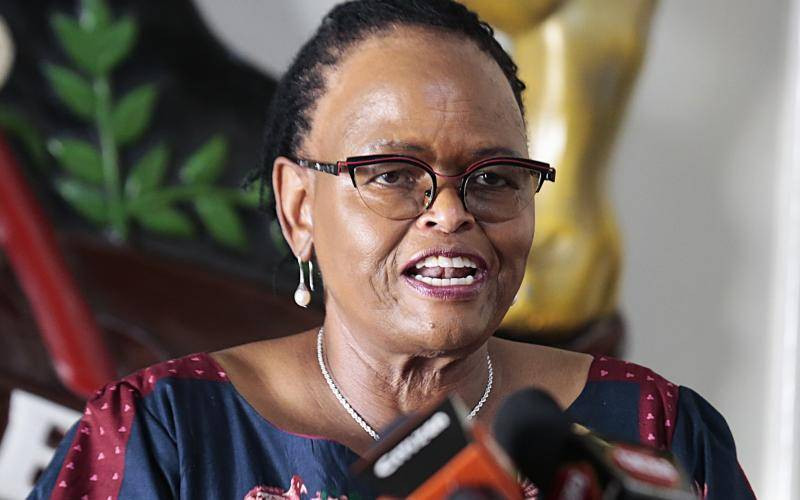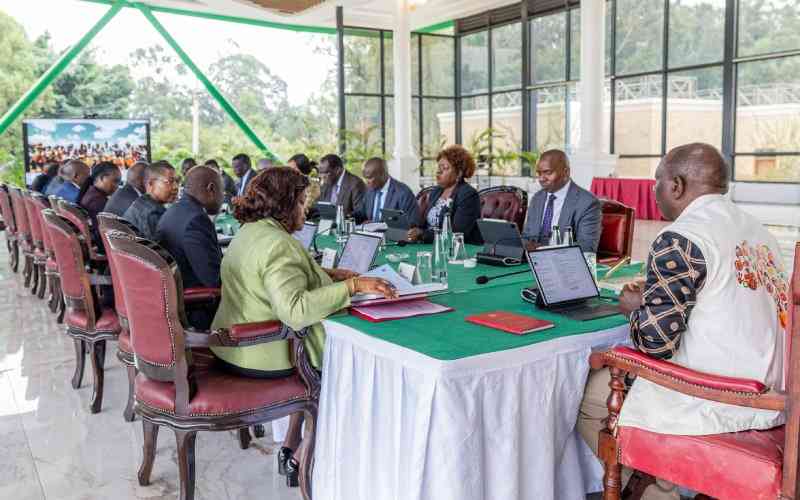The Kenya National Chamber of Commerce and Industry (KNCCI) will push for a stable and predictable tax regime when the National Assembly Finance Committee begins its sittings to collect public views on the 2025 Finance Bill.
KNCCI President Dr Erick Rutto said frequent changes in tax policy, through the introduction or withdrawal of levies, have discouraged both local and foreign investment.
Tanzania has since emerged as one of the favourite destinations for foreign investors seeking to set up within the East Africa region.
“We did some research and found that Tanzania has had a relatively stable tax regime for the last seven years,” said Rutto, adding, “Kenya is not leading in terms of attracting Direct Foreign Investments. Uganda has beaten us, Tanzania is fast rising…Ethiopia gets almost twice, while Somalia attracts half of our gains despite its challenges.”
The Chamber of Commerce President argued that Kenya must commit to maintaining consistent tax policies for at least five years, in order to regain investor confidence and reinforce its position as East Africa’s largest economy, which currently accounts for 40 percent of the region’s Gross Domestic Product (GDP).
He welcomed the 2025 Finance Bill which introduces no new taxes, noting that the government should also consider addressing other investment challenges, including high costs of power, credit, capital, and bureaucracy.
He cited instances where investors must pay up to Sh300,000 in permits and levies to start a small business.
Dr. Erick Rutto on the taxes and regulation fees that one would pay to set up a small-sized factory
“Before you establish, there are 20 levies that you have to pay.” #TheSituationRoomFollow our live conversation on YouTube: pic.twitter.com/7zb5CUghCK
— SpiceFM (@SpiceFMKE) May 14, 2025
“This is not competitive. The 1900 companies who have been there for a long time are the only ones. We have to do away with extremely punitive barriers to entry as a country. The big companies will not innovate,” he said.
KNCCI further vowed to oppose a proposal in the Finance Bill that would expand the Kenya Revenue Authority’s access to company data without a High Court order.
Rutto warned that such powers could infringe on intellectual property (IP) rights and expose trade secrets.
“In the Finance Bill 2025, they are suggesting that they can come to our records without getting a High Court order,” he stated.
He further called for subsidies to boost industrial production rather than continued investment in capital-intensive infrastructure projects, which he said have contributed to the country’s growing debt burden.
However, Rutto argued that overall, the provisions in the 2025 Finance Bill will stimulate the economy and increase the take-home amounts for employees, especially if the housing levy, SHA, and NSSF tax deductions are reviewed downwards.
Stay informed. Subscribe to our newsletter

























